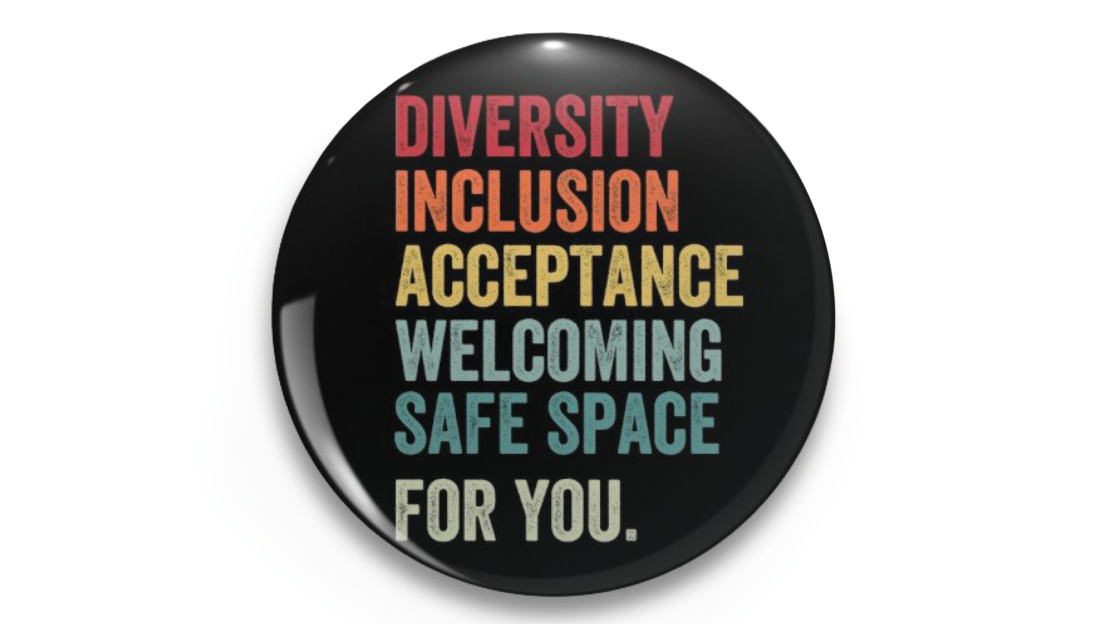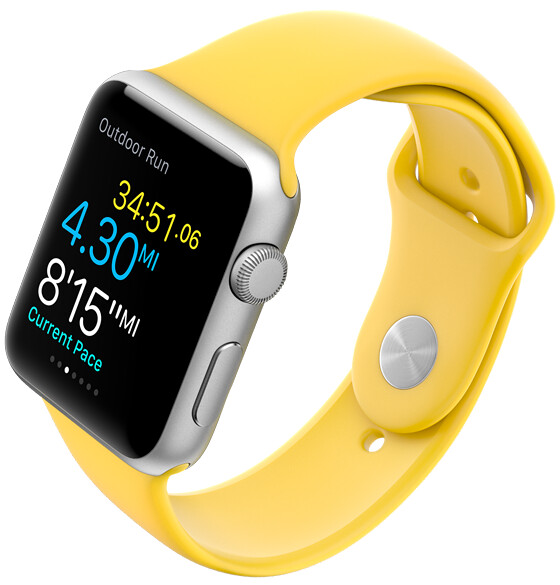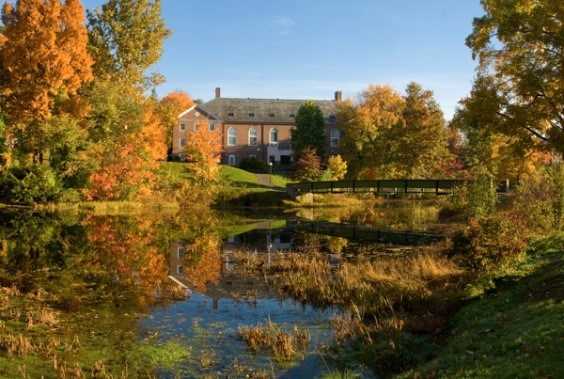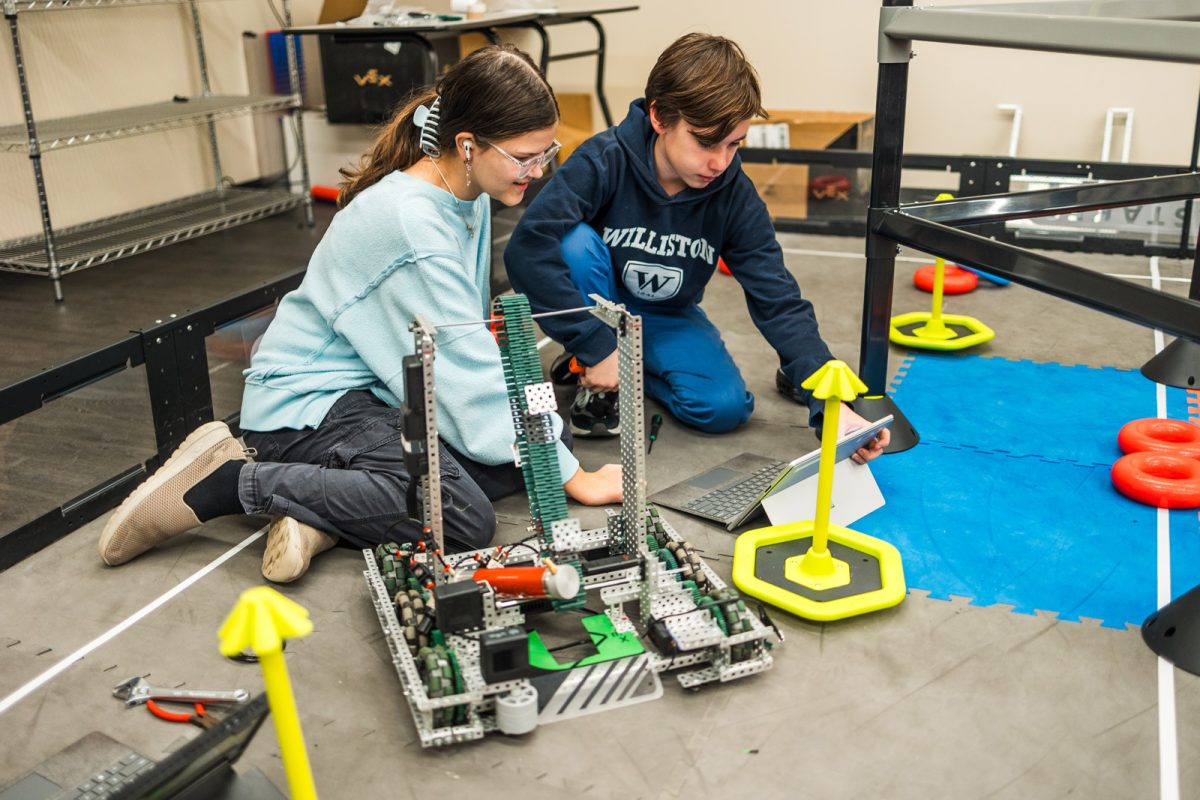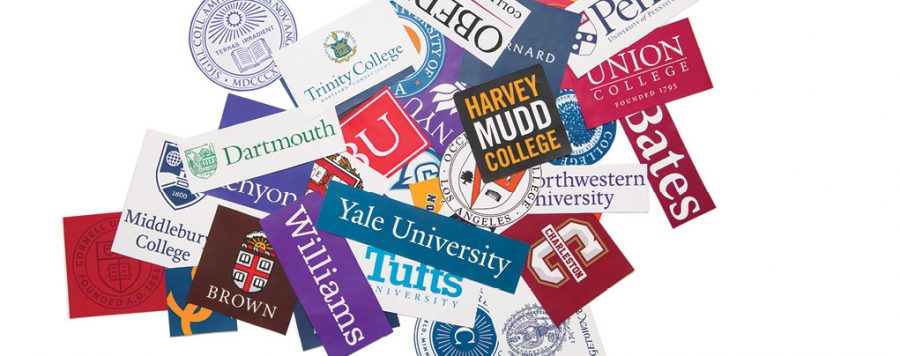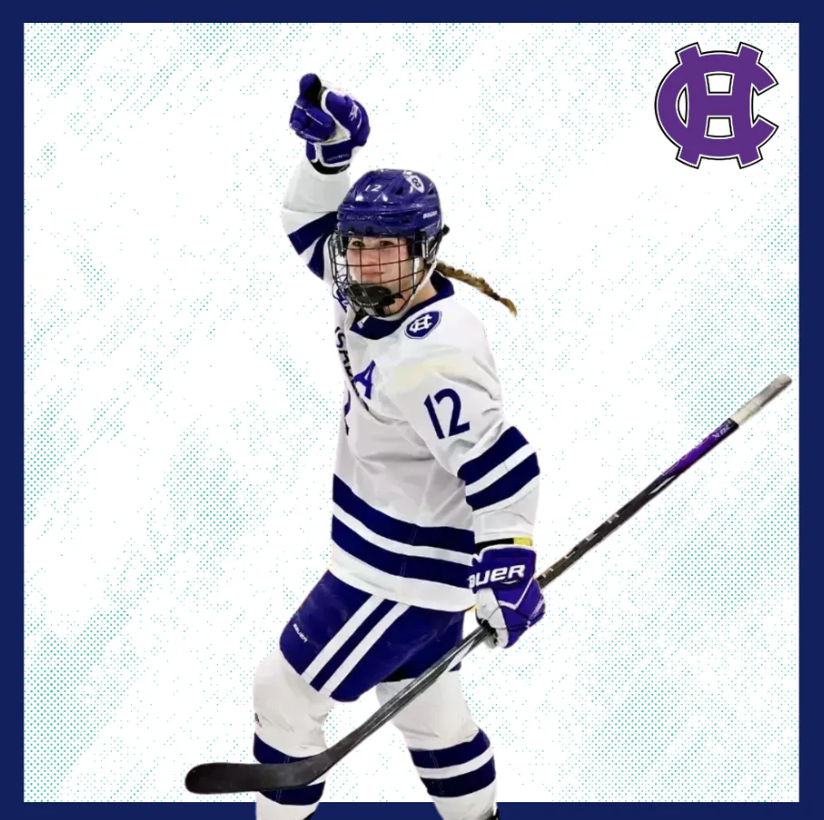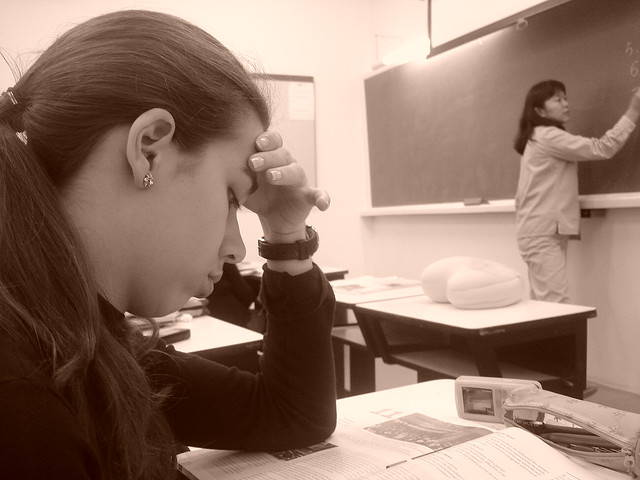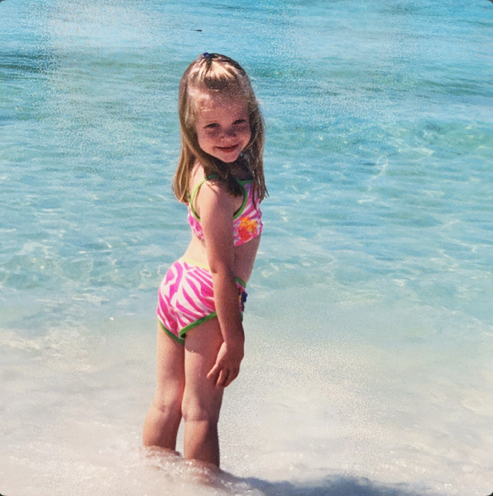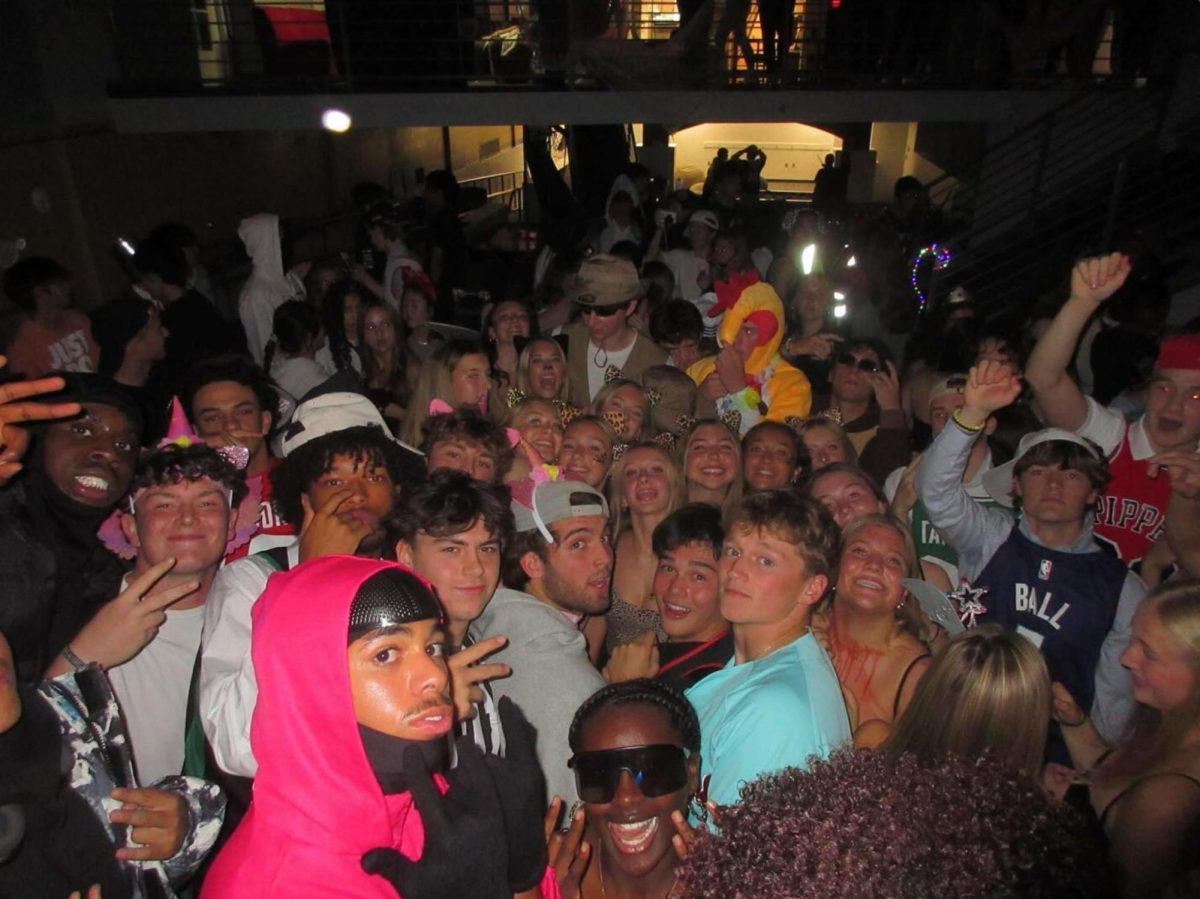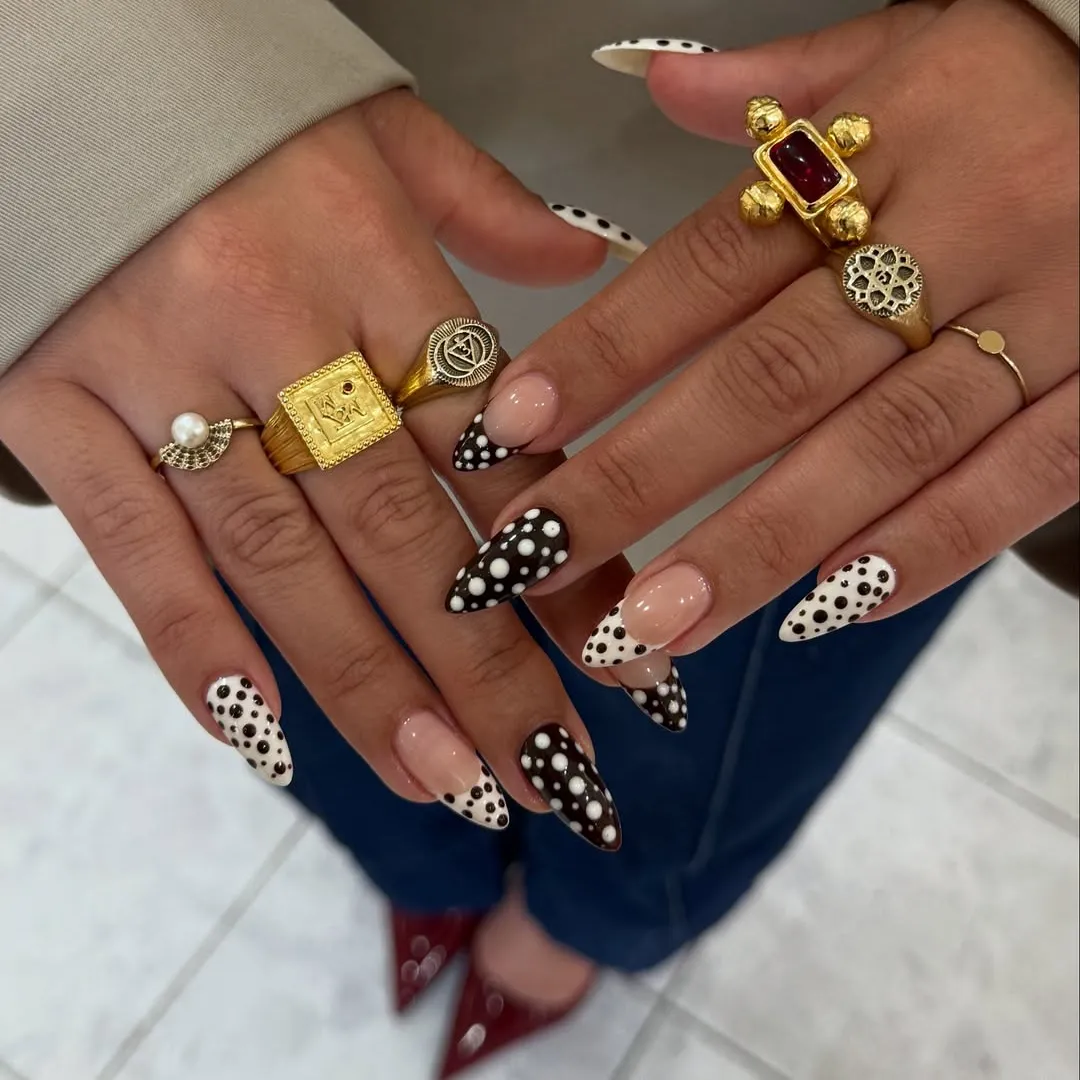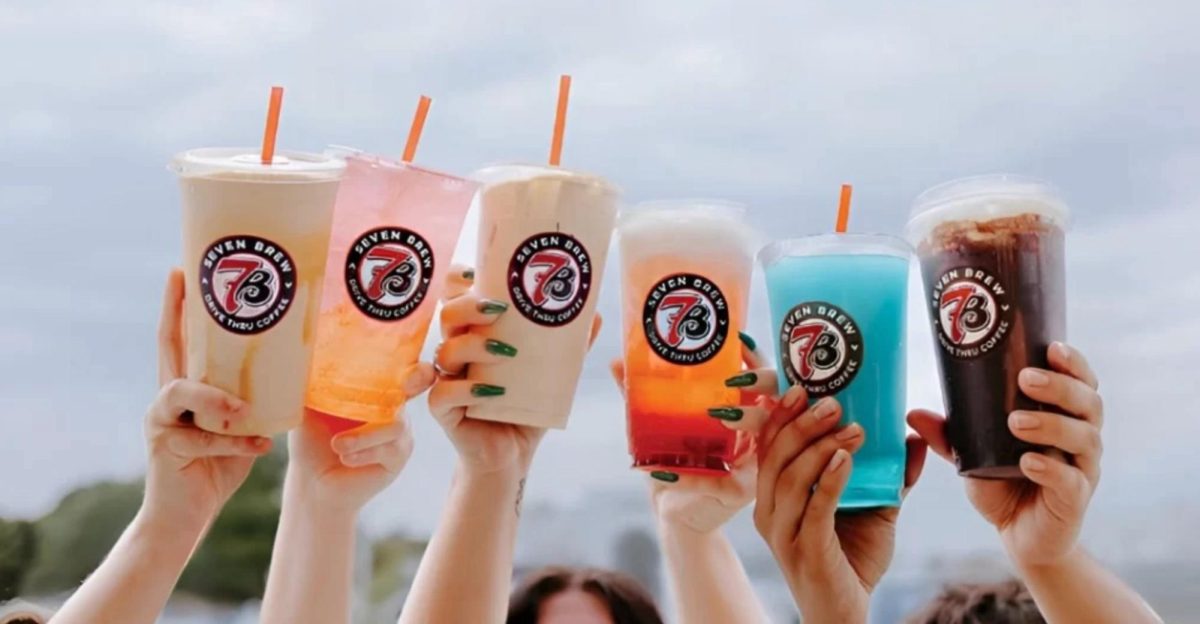We need to step up when we hear a slur being used on campus.
In just the first few weeks of school, already students on campus have reported hearing their friends use the r-slur, a slur targeted towards mentally-disabled people. Other slurs include the f-slur used against gay people, the t-slur towards transgender people, and the n-slur towards Black people.
A slur is a word, or group of words, historically used to degrade an oppressed or marginalized group of people.
A senior male who chose to stay anonymous has heard non-Black students saying the n-slur.
“I was in line at the Asian Night Market [last year], and I heard a big group of guys, all not Black, saying the n-slur,” he said. The student said it was the “only time I’ve heard it on campus by non-Black students.”
This is a rare occurrence, as is when the same student heard people using the t-slur in reference to people in Logan House, our campus’s only all-gender dorm.
More common is the f-slur, which Chris Anderson, a senior, hears as being used as an extreme gay joke. Chris sees the slur being used not intentionally in a derogatory way, but instead as a substitute for stupid.
“I’ve heard the r-slur for sure,” he said. “It is usually used in the context to call someone dumb. Not in a serious context where they are trying to oppress someone in the way the slur is defined, but more in the context that they use it as a substitute for dumb or idiot.”
Another senior male who chose to stay anonymous notes that he says the r-slur, or spells it out, because it is a strong word to convey his thought.
“I use [the r-slur] because it is a very strong word,” he said. “It is saying that it is extremely dumb and something an extremely mentally-disabled person would do. This is an implicit bias I need to work on. I need to have empathy because when I say it, I am saying I’m better than them.”
This connects to Chris’s idea that people are not trying to degrade the target group. The second anonymous boy is making fun of something someone has done, but he does acknowledge the slur is comparing one’s action to that of someone with an intellectual or developmental disability, including learning disabilities, speech impediments, Down syndrome, and others.
Chris believes the normalizing of the r-slur could have something to do with Gen-Z humor.
“I think a lot of modern humor comes from being provocative, and shock value,” he said. “I think people also think it’s funny because it demeans the impact of the slur.”
The Special Olympics is an organization supporting intellectually disabled people in sports, and has led the fight against the r-slur. In an article on the group’s website, Crystal, whose last name is not given, explained that when people say the r-slur, it is saying mentally-disabled people are dumb.
“What [they] mean is that he is as stupid as someone who is mentally handicapped, and [they] mean that in the most derogatory sense. The implication is that the only characteristic of mentally handicapped individuals is their stupidity.”
However, the second anonymous senior boy believes the r-slur to not be as bad as other slurs.
“I know [the r-slur] is not the best to say but I think it doesn’t carry the same weight as some more extreme slurs,” he said. “While people with mental disabilities have been marginalized, I don’t think it’s on the same level as Black people.”
What this student is playing into is the concept of the so-called “oppression Olympics,” which is where people compare oppression to see which one is the worst.
Jayson Leigh, an Admissions Officer and Assistant Dean of DEIB, thinks such comparisons are inevitable.
“Unfortunately, [comparing] is what people naturally do, they just love to categorize and compare,” Leigh said. “I think it should not happen. It does not matter that ‘oh, this group is more oppressed.’ Oppression shouldn’t happen.”
Nikki Chambers, Williston’s Dean of DEIB, sees no point in participating in any marginalizing language.
“I do understand the steadfastness with shutting down anti-Blackness in all of its forms given our country’s deep, deep, deep, roots with anti-Blackness,” she said. “But why say any of that? We shouldn’t be using any language that any marginalized group deems to be problematic.”
Isabel Baxter-Paris, six-year senior and Student Body President, values simple kindness, and recognizes the power derogatory language can have.
“I think people often argue over the semantics of what a slur is, but if it is in slur territory, just don’t say it,” she said. “We just want to be nice, kind people.”
Kids know these words are not nice, and often are aware that they are slurs, but still some don’t consider the words bad if they are not towards a person in the target group.
“People don’t think it is a big deal, they think it is funny, especially the r-slur, they don’t think it hurts anybody,” the first senior boy said. “They know with other slurs it’s bad, but they also think if they are using it against someone not of the target group it is not offensive.”
For change to happen, Chambers said people must step up and educate themselves and others. She is more afraid, she explained, of the people who sit in silence.
“I’m much less concerned about people using slurs than I am the amount of people who sit in silence and let it happen,” she said. “I don’t know if we have all of these people saying slurs, I don’t know if it is a campus-wide problem. However, I think the campus-wide problem might be the silence and the lack of action after overhearing a slur.”
Isabel believes silence allows slurs to be said.
“Being quiet is implied consent,” she said. “Just speak up, especially if you are talking to someone who doesn’t know any better and doesn’t mean any harm. It is your responsibility, if you know the impact of these words, to say ‘Hey, I’m not okay with that.’”
Junior Tony Koo points out that calling your friends out, or anyone, is scary and difficult.
“I think it’s really hard for students to stop their friends from saying slurs because students usually think it’s hard to stop while maintaining a positive relationship,” he said. “However, it is really important for students to point out their friends’ slurs are very inappropriate, and do so calmly and respectfully. They should explain why it’s problematic and explain what certain groups of people can feel about their words.”
Coach Leigh agrees.
“Speaking from my own experience, with my own friends back home, one of the hardest things to do is to tell people you love and trust that they are wrong, knowing it could get a little heated,” he said. “But in order for change to happen, that needs to be done. You still should report it to me or Ms. Chambers for us to follow up on it.”
Chambers agrees that it is correct to take action, and believes there are many ways to do so.
“A lot of people assume that we are telling people to yell, ‘Stop’ and scream and shout everything down and disrupt when you hear a slur,” she said. “That is not the only way you can creatively and effectively disrupt bad language in our community. I think something as simple as ‘Don’t say that’ can go a long way. Moving on and taking the conversation in a different direction. Finding an adult if that language makes you uncomfortable. Submitting a bias report. Coming and talking to any member of the DEIB office. There are so many ways we can disrupt this language, but it starts with speaking up in some way, shape, or form.”
Chambers added that this important work is the responsibility of everyone in the community.
“This isn’t just the work of the DEIB office,” she said. “Goals of diversity, equity, inclusion, and belonging are everyone’s work.”
It’s Everyone’s Work to Stop Hate Speech
0
More to Discover
About the Contributor
Parker Brown ’25, Associate Editor
Parker Brown is a senior from Pacifica, CA. She is very passionate about advocacy for the oppressed and enjoys diving deep into the topic.



